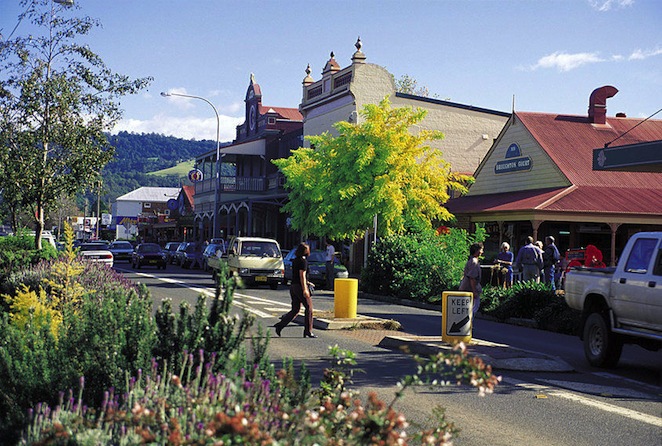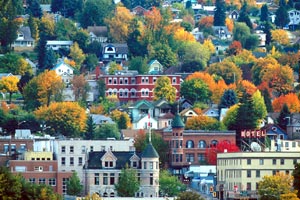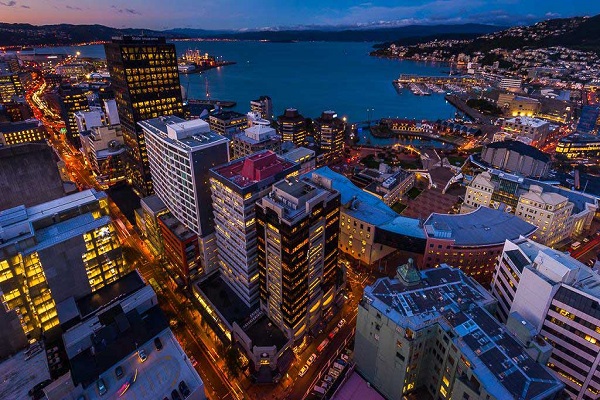Indonesia
Find Eduxpress Programmes
Indonesia is a country in Southeast Asia formed of thousands of islands, at the crossroads of the Indian and the Pacific Ocean.
Famous, especially for the fascinating and wonderful Bali Island, Indonesia has a rich and varied culture, a phenomenal cuisine and here you can enjoy low living costs. Indonesia counts around 6,000 international students, most of them coming from the neighbouring country of Malaysia. Since universities plan to deliver more English-taught programmes, the number of international students is bound to grow significantly.
Higher education in Indonesia is thought to provide a thriving academic environment that helps students advance and develop.
Find the best information about what it’s like to study in Jakarta, including degree course offers, career opportunities, student life, living costs, and more.
Indonesia is an archipelago in Southeast Asia consisting of 17,000 islands, most of them situated along the equator. The largest islands are Sumatra, Java, Bali, Kalimantan, Sulawesi, the Nusa Tenggara islands, the Moluccas Islands, and Irian Jaya, in the western part of New Guinea. The nation's capital city is Jakarta. The country shares land borders with Papua New Guinea, East Timor, and Malaysia.
The name for Indonesia comes from the Greek word ‘nesos’, which means ‘island’, and the Latin name ‘Indus’ which means land beyond the Indus river.
Indonesia is famous for its volcanoes, which are among the most active in the world and attract international volcanologists for study, and the tourists, for the incredibly wonderful seaside resorts.
Having over 250 million people, Indonesia is the fourth most populous country in the world. Religion plays an active role in every-day life of an Indonesian and the country counts for the largest Muslim population of any country in the world. Many other religions are practised and officially recognised, such as: Hinduism, Buddhism, Protestantism, Catholicism, and Confucianism.
The Dutch ruled Indonesia for nearly three centuries and by the beginning of the 20th century, after the Japanese invasion, Indonesia was encouraged towards independence, which took place in 1945.
The current legal system is still based on the old Dutch penal code and several Dutch words are still present in the Indonesian vocabulary. The cultural diversity of the country has marked the art and culture of Indonesia, today showing influences from the Far East, the Middle East, and Europe.
The World Economic Forum categorised Indonesia as an emerging economy, considered to enter the third stage of economic development. Indonesia is a member of the G-20 major economies. The Indonesian economy is the world's 16th largest by nominal GDP.
Indonesia is a republic with a presidential system. The president of Indonesia is the head of state and head of government, commander-in-chief of the Indonesian National Armed Forces, and the director of domestic governance and foreign affairs.
Weather in Indonesia is affected by the location of the island, as it is placed across the equator. Mainly, there are two main seasons: the dry season that lasts from June to October, and the rainy season, which occurs from November to March.



